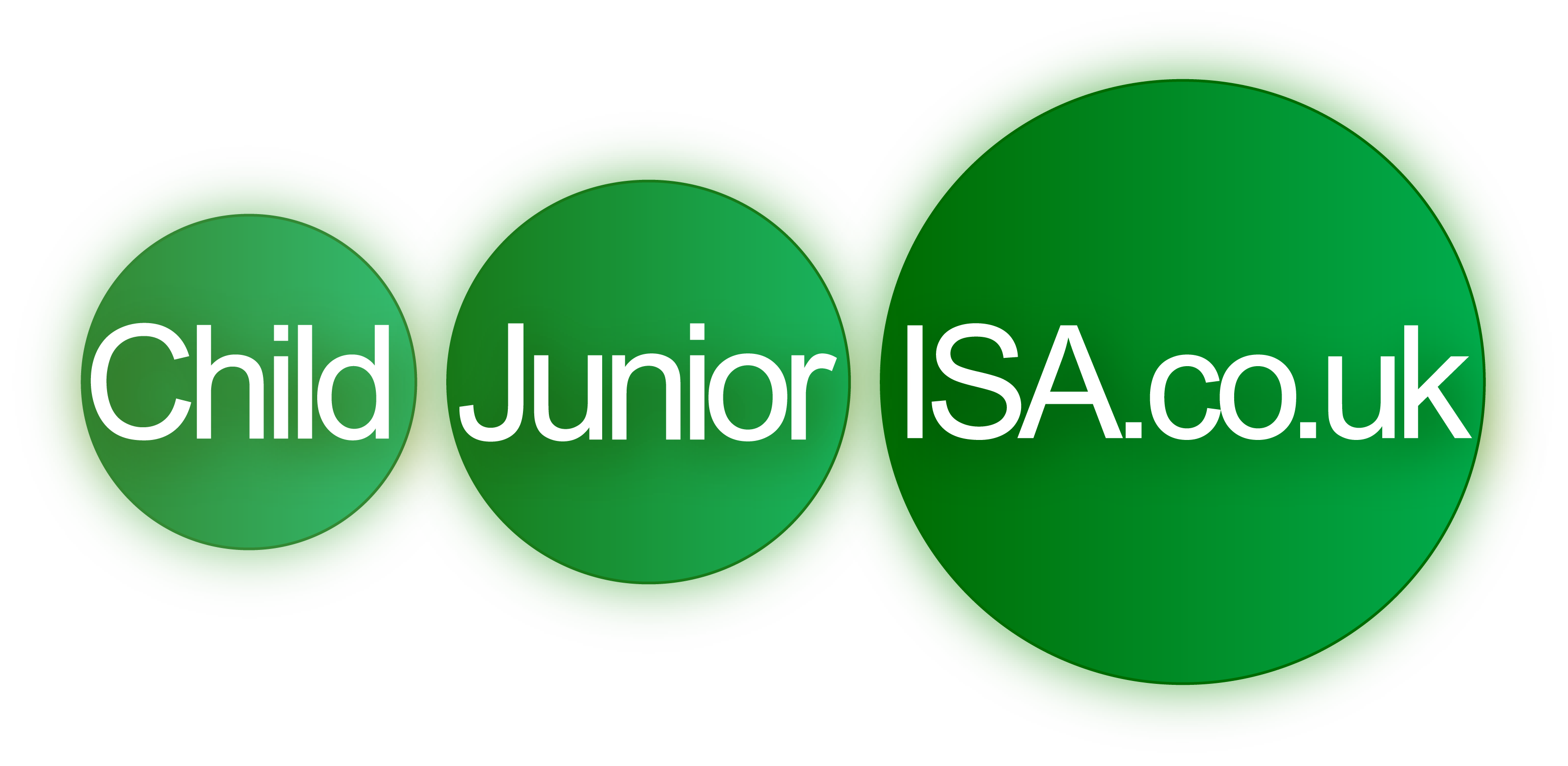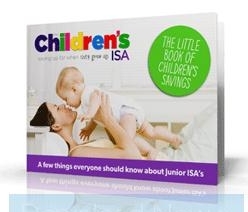In November 2011 a new tax efficient savings or investment vehicle specifically for children, the Junior ISA, was launched. It is open to all children who did not qualify for its predecessor, the Child Trust Fund, so that means any child born before September 2002 or after 2 January 2011. As at November 2011 there were 6 million eligible children. In addition the estimated 800,000 babies born each year will be eligible.
This is of course all part of a wider plan to get us all to save more and therefore borrow less. But does it really deliver any more of an advantage than already exists? There are a number of factors that parents should be aware of before placing their child’s money in an ISA. First of all, let’s compare the new rules to the existing situation.
Do Children Pay Tax Anyway?
There is a common misconception that children do not pay tax in any event. If this were the case then of course a tax free vehicle such as an ISA would be irrelevant. In fact, anyone under the age of 65 is liable to pay income tax on any money they earn, whether that be wages or interest, if they earn more than £7,475 per year. The difference is that whereas most adults do earn more than that amount so all of their interest would be taxable, children of course generally do not. Assuming your child doesn’t earn a salary therefore, he or she could be paid up to £7,475 in interest before paying tax. At an interest rate of 3% that means they could have up to £245,000 in savings tax free.
Banks automatically deduct tax from interest payments so in order to avoid this form R85 should be lodged when the account is opened. So given that most children will not have anything like £245,000 saved for them by age eighteen isn’t the Junior ISA a complete waste of time? Unfortunately it isn’t quite as simple as that.
Rules on Gifts from Parents
At this point some of you are no doubt thinking, “Why don’t I just save all my money in my child’s name, and never pay any tax on my savings?” Unfortunately, HMRC thought of this too! As a result, where a child receives interest on money gifted by a parent or step parent, he or she must pay tax on anything over £100 per parent or step parent. What this means is that any gifts totalling over £3,300 per parent (which would pay £99 at 3% interest) will attract income tax.
There are three important things to note. First, there is a separate allowance for each parent so a traditional two parent family could give their children enough money to earn up to £199 in interest before any tax was dues (so £6,600 at 3%), second, if the child earns over £200 in gross interest then the whole amount of his or her savings are taxed, not just the excess and third, this is not an annual allowance. What I mean by this is that while ever your child’s savings are enough to earn more than £100 per parent interest then income tax will be payable, regardless of when the gift is made.
Gifts From Those Other Than Parents
It should be noted that the £100 interest limit only applies to gifts from parents. Gifts from grandparents, uncles, aunts or even family friends are subject to the same rules as any money the child earns. In other words a child could receive up to £245,000 from someone other than its parents and not pay any income tax (assuming as we are throughout this article, an interest rate of 3%).
It is important to understand that the money must be a genuine gift from the donor. There are two “loopholes” that appear as though they might exist but do not. First, a parent cannot give money to a child’s other relative for that other relative to then gift it to the child. This is not a gift from the other relative but from the parent. Second, two sets of parents cannot have a reciprocal arrangement where say, you give your sister’s child money and in return your sister gives your child money as this is not a genuine gift. Gifts are by their nature unconditional whereas money given in this situation is conditional on an equal amount being paid the other way. If you get caught doing either of these things you may be liable to prosecution for tax evasion.
As a side note, grandparents should think about inheritance tax implications before making gifts. Any gift given up to 7 years prior to the donor’s death may attract inheritance tax. A full discussion on IHT is beyond the scope of this article but suffice it to say there may be better ways of avoiding it and expert tax planning advice should be sought.
Tax Implications of a Junior ISA
So, a child can earn its own money up to £7,475 per year of its own money or receive that amount interest provided the capital was not provided by its parents. As regards capital from parents, the child can throughout its childhood receive a maximum of £3,300 from each parent before paying tax, unless that it is, the money is paid into a Junior ISA.
Using a Junior ISA, a child can receive gifts of up to £3,600 per year in total without paying any tax. The source of the money is irrelevant, some, all or none of it could come from the parents. The child is entitled to a new allowance every year (though unused allowances cannot be carried over to the following year). No more than £3,600 can be paid into a Junior ISA each year.
In addition, the Junior ISA will convert automatically to an adult cash ISA once the child reaches the age of eighteen therefore the whole amount of savings continues to be tax free and can be added to at the rate of £5,340 (the maximum yearly deposit into an adult cash ISA).
Accessibility and What Happens When Your Child Turns Eighteen
Once money is deposited into a Junior ISA it is not accessible until the child turns eighteen. This is at odds with an adult ISA where subject to the rules of the particular product cash is instantly accessible.
This could be seen as a positive of course – as your child becomes a teenager he or she cannot nag you for cash and cannot access it themselves and you cannot be tempted to dip into it if you find yourself short of funds. Conversely however, if something should arise which gives you a genuine need to access the cash it will not be possible. The only exceptions are the death or terminal illness of the child.
It is important to remember that money paid in to a Junior ISA belongs to the child and not you. Once your child is eighteen he or she can do with it what he or she wishes. You may have hopes that the money you’ve worked so hard to save will be used to fund a university education or the deposit on their first home but do you know that your child will be so responsible at eighteen? Were you? The fact is, if they choose to spend it on cars, gambling, clothes holidays or whatever else there is nothing you can do to stop that. The fact is, money paid into a normal savings account in the name of a child belongs to it also but with such an account, at least until the child is sixteen, you can exercise some control. It will be easier to make a judgement aged fifteen as to whether the child will be responsible enough to have the money at eighteen than it will be when it’s a newborn.
So is a Junior ISA Worth Having Then?
Where money saved by a child comes from its parents, which will of course usually be the case, then a Child ISA makes sense from a financial point of view. As mentioned there is the risk that your child will use the money for a purpose you don’t approve but the only way to be sure that can’t happen is to save in your own name and give up the tax advantages (you could open an adult ISA in your name for the benefit of your child but you can only have one). If anyone other than parents wants to give a child money then this should only be paid into the Junior ISA to top up what the parents have saved. If the parents intend to save the full £3,600 allowance in a particular year then gifts from elsewhere should be paid into a traditional savings account. In this way (unless the sums are exceptionally large), the money will remain tax free at least until the child start earning a wage.
You can see and compare the best Child ISA key features here.


